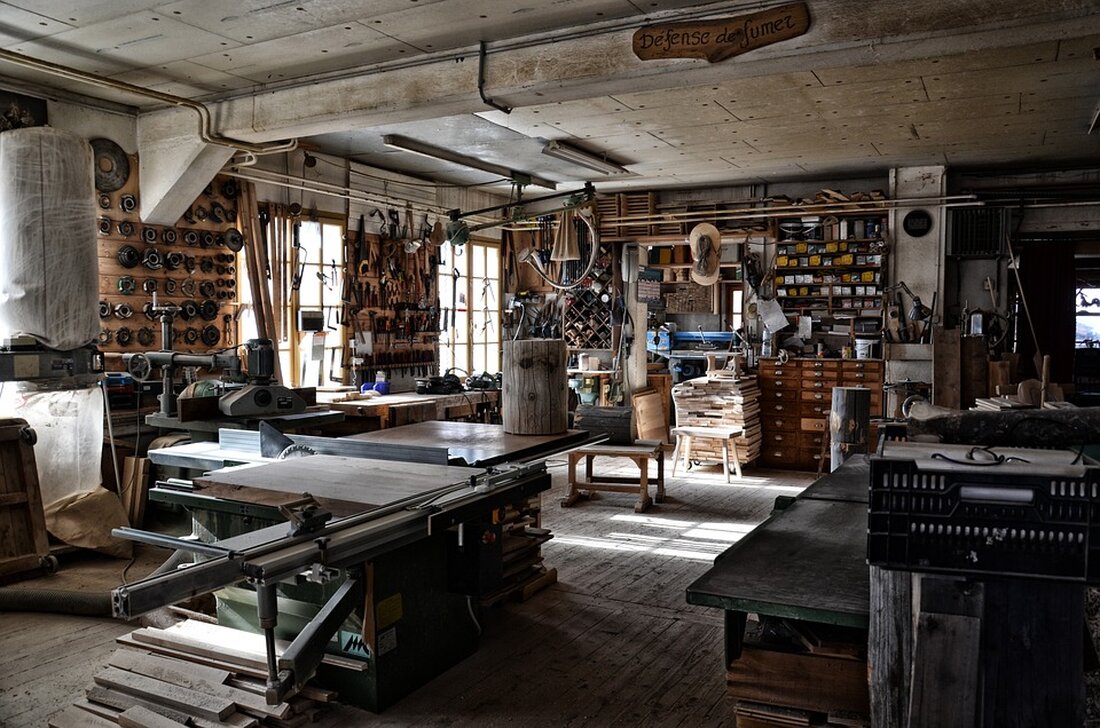Workshop on stakeholder communication: Strengthen tourism!
A free online workshop on May 22, 2025 on stakeholder communication in tourism strengthens sustainable projects and networks.

Workshop on stakeholder communication: Strengthen tourism!
An important workshop on the topic of “Stakeholder communication in tourism – clear, binding & effective” will take place on May 22, 2025, which is aimed at tourism experts, project managers and those interested in communication. The workshop, which is free, is offered online via TEAMS and is designed for a maximum of 12 participants. This interactive format enables personal exchange and ensures that all participants can benefit from clear and effective communication. How saarland.de reports, the workshop aims to convey strategic approaches for supporting tourism projects in municipalities.
The content of the workshop is designed to shed light on both internal and external influencing factors in stakeholder management. Tools for good collaboration are presented, both digital and analogue, and there is a question and answer session that enables participants to learn individually. The insight into the working methods of the moderator, Tanja Brunnhuber, an experienced strategy consultant, is particularly valuable.
Challenges in tourism
Today, tourism organizations are confronted with increasing social expectations and political uncertainties. Loud destinationtomarket.de These organizations often suffer from a lack of resources for strategic measures in the areas of communication and concept development. However, the quality of internal communication and stakeholder dialogue is recognized as a crucial success factor.
Professional stakeholder management is viewed as central to the development of a sustainable and resilient destination. Nurturing relationships plays an important role in building trust for future decisions. Reliable communication creates acceptance and understanding, which is essential for the implementation of challenging projects.
Benefits of the workshop
Participants in the workshop can expect a clear assessment of the stakeholder structures in their respective destination. In addition, impulses are given for shaping participation and communication and strategies for dealing with difficult situations are taught. The investments in communication and professional relationships during the workshop can be seen as an important basis for later success in the field of tourism.
In summary, such educational offerings not only strengthen the sense of community within the region, they also increase the quality of life and identification of citizens with their environment. With a well-structured exchange between those affected, tourism projects can find more support and understanding, which ultimately leads to innovation and cooperation in the industry.

 Suche
Suche
 Mein Konto
Mein Konto